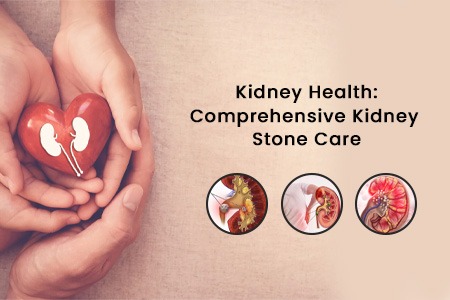
 2024-09-20
2024-09-20
The kidneys are vital organs that play a crucial role in maintaining the body’s overall health. They filter waste products, excess fluids, and toxins from the blood, ensuring that the body functions properly. However, issues like kidney stones can disrupt this process, leading to severe discomfort and health complications. Kidney stones are one of the most common urinary tract disorders, affecting millions of people worldwide. Understanding their causes, symptoms, treatment, and prevention is essential for maintaining optimal kidney health.
In this blog, we will explore comprehensive care for kidney stones and highlight why it is important to seek timely medical attention for proper diagnosis and treatment.
What Are Kidney Stones?
Kidney stones are hard deposits of minerals and salts that form inside the kidneys. They can vary in size, ranging from a grain of sand to a golf ball. Kidney stones develop when substances like calcium, oxalate, and uric acid become concentrated in the urine, forming crystals. These crystals eventually accumulate to form stones. Kidney stones can be located anywhere in the urinary tract, including the kidneys, ureters, bladder, and urethra.
Why Should Kidney Stones Be Taken Seriously?
Kidney stones can cause intense pain and discomfort, and in some cases, they can lead to complications such as infections or kidney damage. Ignoring the symptoms or delaying treatment can worsen the condition, resulting in the stone becoming lodged in the urinary tract, obstructing the flow of urine. This can lead to infections, urinary retention, or even kidney failure in severe cases. Early detection and treatment are key to preventing these complications and ensuring that the kidneys continue to function efficiently.
Types of Kidney Stones
There are several types of kidney stones, each with different causes:
Calcium Stones: These are the most common type of kidney stones and are usually made of calcium oxalate or calcium phosphate. High levels of calcium in the urine (hypercalciuria) can lead to the formation of these stones.
Struvite Stones: Struvite stones are less common and typically form as a result of infections, especially urinary tract infections (UTIs). They can grow quickly and become quite large.
Uric Acid Stones: Uric acid stones develop when there is an excess of uric acid in the urine. This can happen due to dehydration or conditions like gout, which causes high levels of uric acid in the blood.
Cystine Stones: These stones are rare and occur in people with a hereditary condition called cystinuria, which causes the kidneys to excrete too much of a certain amino acid, leading to stone formation.
Common Symptoms of Kidney Stones
The symptoms of kidney stones vary depending on the size and location of the stone. Some common signs to watch out for include:
Severe Pain: Kidney stones cause sharp, intense pain in the back, side, or lower abdomen. The pain may come in waves and change in intensity as the stone moves through the urinary tract.
Blood in Urine: Hematuria, or the presence of blood in the urine, is a common symptom of kidney stones. The urine may appear pink, red, or brown.
Frequent Urination: You may feel an urgent need to urinate frequently or experience pain while urinating.
Nausea and Vomiting: The pain caused by kidney stones can trigger nausea and vomiting, especially if the stone is causing a blockage.
Cloudy or Foul-Smelling Urine: This can be a sign of infection, which may occur if the stone causes a blockage.
Fever and Chills: If a kidney stone leads to an infection, you may experience fever and chills, which require immediate medical attention.
Diagnosis of Kidney Stones
If you suspect you have a kidney stone, it is important to see a doctor for proper diagnosis. Several tests can be used to identify kidney stones, including:
Imaging Tests: X-rays, ultrasounds, and CT scans are commonly used to visualize kidney stones and determine their size and location.
Urine Tests: A urine test can help detect the presence of minerals and other substances that contribute to kidney stone formation.
Blood Tests: Blood tests can reveal high levels of certain substances, such as calcium or uric acid, which may lead to the development of kidney stones.
Treatment Options for Kidney Stones
Treatment for kidney stones depends on the size and type of the stone, as well as the severity of the symptoms. Some stones may pass on their own, while others may require medical intervention.
1. Medication
For smaller stones, doctors may recommend medications that help relieve pain, relax the muscles in the urinary tract, and facilitate the passage of the stone. Medications like alpha-blockers can help stones pass more easily by relaxing the ureter muscles. Additionally, certain medications can help prevent future stone formation, depending on the type of stone.
2. Extracorporeal Shock Wave Lithotripsy (ESWL)
ESWL is a non-invasive procedure used to break up kidney stones into smaller pieces using high-energy sound waves. These fragments can then pass through the urinary tract more easily. ESWL is typically recommended for stones that are too large to pass on their own but not so large that they require surgical removal.
3. Ureteroscopy
During a ureteroscopy, a thin, flexible tube with a camera is inserted into the urethra and bladder to locate the stone. The stone can then be removed or broken into smaller pieces using a laser. This procedure is commonly used for stones that are located in the ureter or bladder.
4. Percutaneous Nephrolithotomy
For large or complex stones that cannot be treated with less invasive methods, percutaneous nephrolithotomy may be necessary. In this procedure, a small incision is made in the back, and a special instrument is used to remove the stone directly from the kidney.
5. Surgery
In rare cases where stones are too large or cause complications, surgical removal may be required. This procedure is typically a last resort when other treatments have failed.
Preventing Kidney Stones
Preventing kidney stones involves making lifestyle and dietary changes to reduce the risk of stone formation. Some key tips include:
Stay Hydrated: Drinking plenty of water helps dilute the substances in urine that can lead to stone formation. Aim for at least 8-10 glasses of water a day.
Limit Salt and Sodium: A high-sodium diet can increase the risk of developing calcium-based stones. Reducing salt intake can help prevent stone formation.
Eat a Balanced Diet: Incorporate more fruits, vegetables, and whole grains into your diet. Limiting foods high in oxalates, such as spinach and chocolate, can reduce the risk of kidney stones.
Monitor Calcium Intake: While calcium is essential for overall health, excessive calcium supplements can contribute to stone formation. Consult your doctor for guidance on maintaining appropriate calcium levels.
Avoid Sugary and High-Purine Foods: High-sugar diets and foods rich in purines, such as red meat and shellfish, can increase the risk of uric acid stones.
Conclusion
Kidney stones are a common and painful condition, but with proper care and timely treatment, they can be managed effectively. Understanding the causes, recognizing the symptoms, and seeking early diagnosis are key steps to preventing complications and ensuring kidney health.
If you or a loved one is experiencing symptoms of kidney stones, don’t wait to seek professional help. Visit Prasidh Hospitals, the Best Hospital in LB Nagar, for expert kidney stone care. Our team of specialists offers personalized, comprehensive treatment plans to help you overcome kidney stones and maintain your kidney health. As one of the best multispeciality hospitals in LB Nagar and the best hospital in Hyderabad, we are dedicated to providing top-quality care for all your health needs.
 What’s Causing That Itchy Feeling in Your Ears? 2024-09-21 by : Prasidh Hospitals
What’s Causing That Itchy Feeling in Your Ears? 2024-09-21 by : Prasidh Hospitals
 Kidney Health Comprehensive Kidney Stone Care 2024-09-20 by : Prasidh Hospitals
Kidney Health Comprehensive Kidney Stone Care 2024-09-20 by : Prasidh Hospitals
 How Has Varicose Veins Treatment Changed Over the Years? 2024-09-18 by : Prasidh Hospital
How Has Varicose Veins Treatment Changed Over the Years? 2024-09-18 by : Prasidh Hospital
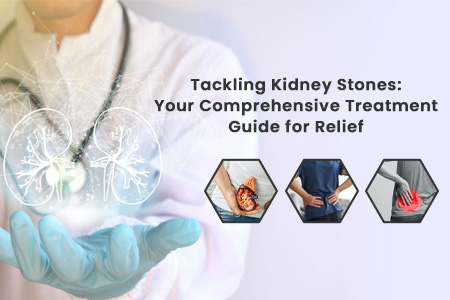 Tackling Kidney Stones Your Comprehensive Treatment Guide for Relief 2024-08-21 by : Prasidh Hospital
Tackling Kidney Stones Your Comprehensive Treatment Guide for Relief 2024-08-21 by : Prasidh Hospital
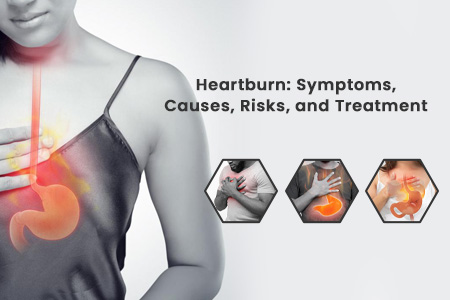 Heartburn Symptoms, Causes, Risks, and Treatment 2024-08-20 by : Prasidh Hospital
Heartburn Symptoms, Causes, Risks, and Treatment 2024-08-20 by : Prasidh Hospital
 Mosquito-Related Diseases Symptoms, Causes, and Preventive Tips 2024-08-16 by : Prasidh Hospital
Mosquito-Related Diseases Symptoms, Causes, and Preventive Tips 2024-08-16 by : Prasidh Hospital
 Understanding ADHD in Children Signs, Symptoms, and Treatment 2024-07-11 by : Prasidh Hospitals -
Understanding ADHD in Children Signs, Symptoms, and Treatment 2024-07-11 by : Prasidh Hospitals -
 Pregnancy Planning Preparing for a Healthy Pregnancy 2024-07-11 by : Prasidh Hospitals -
Pregnancy Planning Preparing for a Healthy Pregnancy 2024-07-11 by : Prasidh Hospitals -
 Understanding High Blood Pressure Causes, Risks, and Management 2024-07-11 by : Prasidh Hospitals -
Understanding High Blood Pressure Causes, Risks, and Management 2024-07-11 by : Prasidh Hospitals -
 Understanding Hormonal Imbalances Causes, Symptoms, and Treatments for a Balanced Life 2024-05-27 by : Prasidh Hospital
Understanding Hormonal Imbalances Causes, Symptoms, and Treatments for a Balanced Life 2024-05-27 by : Prasidh Hospital
 Navigating Orthopaedic Surgery Procedures, Recovery, and Benefits 2024-05-25 by : Prasidh Hospital
Navigating Orthopaedic Surgery Procedures, Recovery, and Benefits 2024-05-25 by : Prasidh Hospital
 Boosting Your Child's Immune System Paediatric Advice for a Healthy Future 2024-05-24 by : Prasidh Hospital
Boosting Your Child's Immune System Paediatric Advice for a Healthy Future 2024-05-24 by : Prasidh Hospital
 Joint Replacement Surgery: What to Expect and How to Prepare 2024-04-12 by : Prasidh Hospital
Joint Replacement Surgery: What to Expect and How to Prepare 2024-04-12 by : Prasidh Hospital
 The Vital Importance of Regular Gynecologist Check-ups for Women's Health 2024-03-06 by : Prasidh Hospital
The Vital Importance of Regular Gynecologist Check-ups for Women's Health 2024-03-06 by : Prasidh Hospital
 The Lifesaving Role of Neonatal Intensive Care Units (NICUs) for Premature Babies 2024-03-07 by : Prasidh Hospital
The Lifesaving Role of Neonatal Intensive Care Units (NICUs) for Premature Babies 2024-03-07 by : Prasidh Hospital
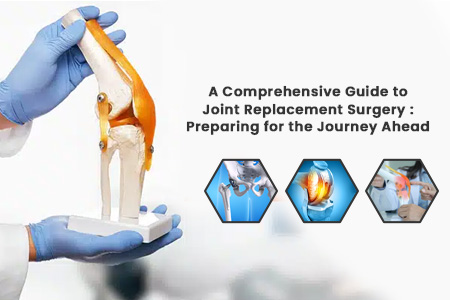 A Comprehensive Guide to Joint Replacement Surgery Preparing for the Journey Ahead 2024-03-04 by : Prasidh Hospital
A Comprehensive Guide to Joint Replacement Surgery Preparing for the Journey Ahead 2024-03-04 by : Prasidh Hospital
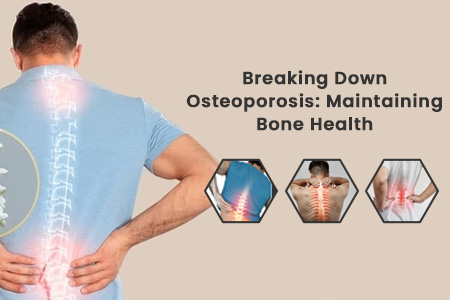 Breaking Down Osteoporosis Maintaining Bone Health 2024-02-16 by : Prasidh Hospital
Breaking Down Osteoporosis Maintaining Bone Health 2024-02-16 by : Prasidh Hospital
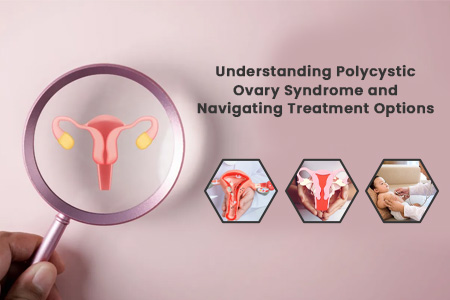 Understanding Polycystic Ovary Syndrome and Navigating Treatment Options 2024-02-16 by : Prasidh Hospital
Understanding Polycystic Ovary Syndrome and Navigating Treatment Options 2024-02-16 by : Prasidh Hospital
 Protecting Precious Lives Neonatal Pneumonia and Promoting Prasidh Hospital's Expert Care 2024-02-09 by : Prasidh Hospital
Protecting Precious Lives Neonatal Pneumonia and Promoting Prasidh Hospital's Expert Care 2024-02-09 by : Prasidh Hospital
 Rediscovering Sound A Journey through Hearing Loss Solutions at Prasidh Hospital 2024-01-29 by : Prasidh Hospital
Rediscovering Sound A Journey through Hearing Loss Solutions at Prasidh Hospital 2024-01-29 by : Prasidh Hospital
 Unveiling Solutions for PCOS Prasidh Hospitals Holistic Approach to Womens Health 2024-01-25 by : Prasidh Hospital
Unveiling Solutions for PCOS Prasidh Hospitals Holistic Approach to Womens Health 2024-01-25 by : Prasidh Hospital
 Challenges of ADHD Prasidh Hospital's Comprehensive Approach to Care 2024-01-24 by : Prasidh Hospital
Challenges of ADHD Prasidh Hospital's Comprehensive Approach to Care 2024-01-24 by : Prasidh Hospital
 Understanding Acid Peptic Disease Symptoms, Causes, and Treatment 2023-12-29 by : Prasidh Hospital
Understanding Acid Peptic Disease Symptoms, Causes, and Treatment 2023-12-29 by : Prasidh Hospital
 Nurturing Healthy Appetites A Guide to Improving Your Child's Eating Habits 2023-12-27 by : Prasidh Hospital
Nurturing Healthy Appetites A Guide to Improving Your Child's Eating Habits 2023-12-27 by : Prasidh Hospital
 Nourishing Pregnancy Foods to Avoid for a Healthy Journey 2023-12-20 by : Prasidh Hospital
Nourishing Pregnancy Foods to Avoid for a Healthy Journey 2023-12-20 by : Prasidh Hospital
 Identify the Symptoms of Allergy and Asthma A Comprehensive Guide 2023-12-13 by : Prasidh Hospital
Identify the Symptoms of Allergy and Asthma A Comprehensive Guide 2023-12-13 by : Prasidh Hospital
 Hyderabad's Solution to Dry Mouth Problems Expert Care 2023-11-28 by : Prasidh Hospital
Hyderabad's Solution to Dry Mouth Problems Expert Care 2023-11-28 by : Prasidh Hospital
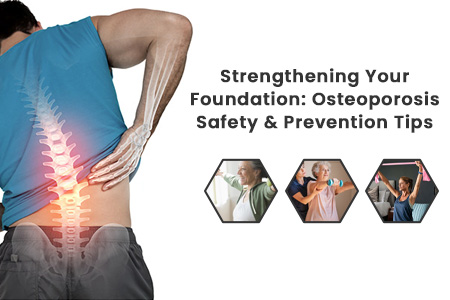 Strengthening Your Foundation: Osteoporosis Safety and Prevention Tips 2023-11-15 by : Prasidh Hospital
Strengthening Your Foundation: Osteoporosis Safety and Prevention Tips 2023-11-15 by : Prasidh Hospital
 Maximizing Your Chances of a Normal Delivery: Tips for a Healthy Pregnancy 2023-11-07 by : Prasidh Hospital
Maximizing Your Chances of a Normal Delivery: Tips for a Healthy Pregnancy 2023-11-07 by : Prasidh Hospital
 Laparoscopic surgery 2023-07-04 by : prasidhhospitals
Laparoscopic surgery 2023-07-04 by : prasidhhospitals
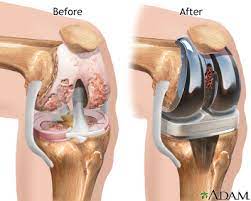 How to Manage Pain Swelling 2022-07-23 by : admin
How to Manage Pain Swelling 2022-07-23 by : admin
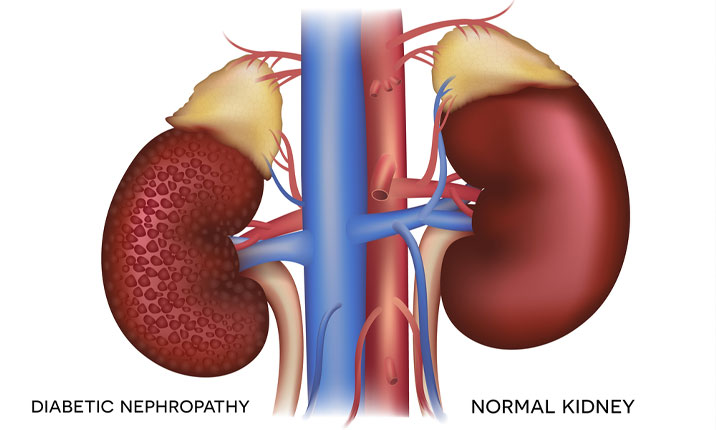 kidney health and diasbetes 2022-07-23 by : Admin
kidney health and diasbetes 2022-07-23 by : Admin
 how to increase the chances of normal delivery? 2022-07-23 by : admin
how to increase the chances of normal delivery? 2022-07-23 by : admin
Copyright © Prasidh rights reserved.